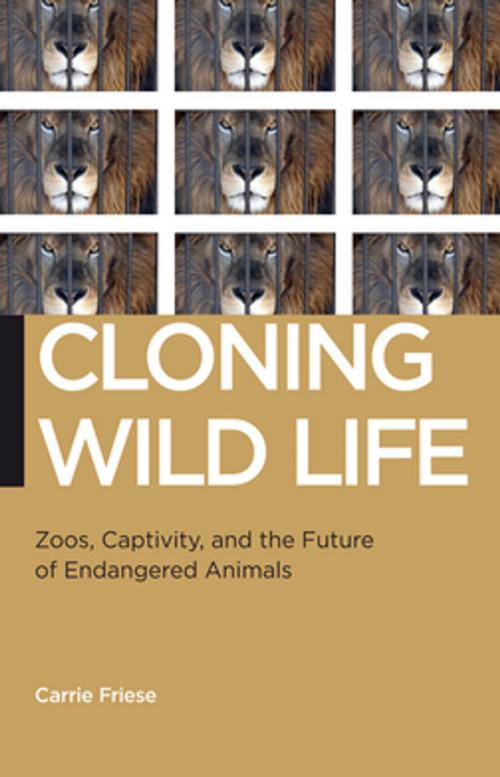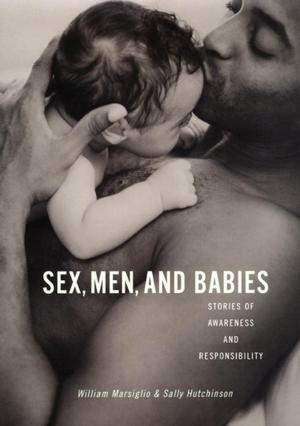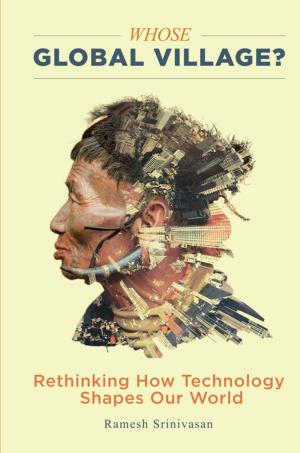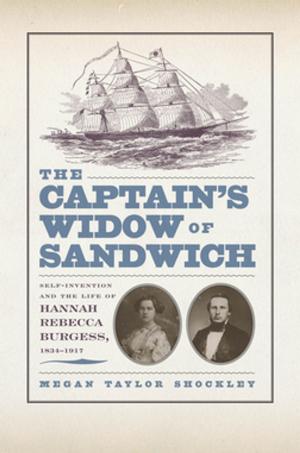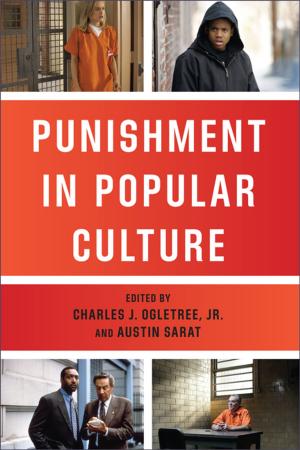Cloning Wild Life
Zoos, Captivity, and the Future of Endangered Animals
Nonfiction, Science & Nature, Technology, Agriculture & Animal Husbandry, Social & Cultural Studies, Social Science, Sociology| Author: | Carrie Friese | ISBN: | 9780814729106 |
| Publisher: | NYU Press | Publication: | September 2, 2013 |
| Imprint: | NYU Press | Language: | English |
| Author: | Carrie Friese |
| ISBN: | 9780814729106 |
| Publisher: | NYU Press |
| Publication: | September 2, 2013 |
| Imprint: | NYU Press |
| Language: | English |
The natural world is marked by an ever-increasing loss of varied habitats, a growing number of species extinctions, and a full range of new kinds of dilemmas posed by global warming. At the same time, humans are also working to actively shape this natural world through contemporary bioscience and biotechnology. In Cloning Wild Life, Carrie Friese posits that cloned endangered animals in zoos sit at the apex of these two trends, as humans seek a scientific solution to environmental crisis. Often fraught with controversy, cloning technologies, Friese argues, significantly affect our conceptualizations of and engagements with wildlife and nature.
By studying animals at different locations, Friese explores the human practices surrounding the cloning of endangered animals. She visits zoos—the San Diego Zoological Park, the Audubon Center in New Orleans, and the Zoological Society of London—to see cloning and related practices in action, as well as attending academic and medical conferences and interviewing scientists, conservationists, and zookeepers involved in cloning. Ultimately, she concludes that the act of recalibrating nature through science is what most disturbs us about cloning animals in captivity, revealing that debates over cloning become, in the end, a site of political struggle between different human groups. Moreover, Friese explores the implications of the social role that animals at the zoo play in the first place—how they are viewed, consumed, and used by humans for our own needs. A unique study uniting sociology and the study of science and technology, Cloning Wild Life demonstrates just how much bioscience reproduces and changes our ideas about the meaning of life itself.
The natural world is marked by an ever-increasing loss of varied habitats, a growing number of species extinctions, and a full range of new kinds of dilemmas posed by global warming. At the same time, humans are also working to actively shape this natural world through contemporary bioscience and biotechnology. In Cloning Wild Life, Carrie Friese posits that cloned endangered animals in zoos sit at the apex of these two trends, as humans seek a scientific solution to environmental crisis. Often fraught with controversy, cloning technologies, Friese argues, significantly affect our conceptualizations of and engagements with wildlife and nature.
By studying animals at different locations, Friese explores the human practices surrounding the cloning of endangered animals. She visits zoos—the San Diego Zoological Park, the Audubon Center in New Orleans, and the Zoological Society of London—to see cloning and related practices in action, as well as attending academic and medical conferences and interviewing scientists, conservationists, and zookeepers involved in cloning. Ultimately, she concludes that the act of recalibrating nature through science is what most disturbs us about cloning animals in captivity, revealing that debates over cloning become, in the end, a site of political struggle between different human groups. Moreover, Friese explores the implications of the social role that animals at the zoo play in the first place—how they are viewed, consumed, and used by humans for our own needs. A unique study uniting sociology and the study of science and technology, Cloning Wild Life demonstrates just how much bioscience reproduces and changes our ideas about the meaning of life itself.
